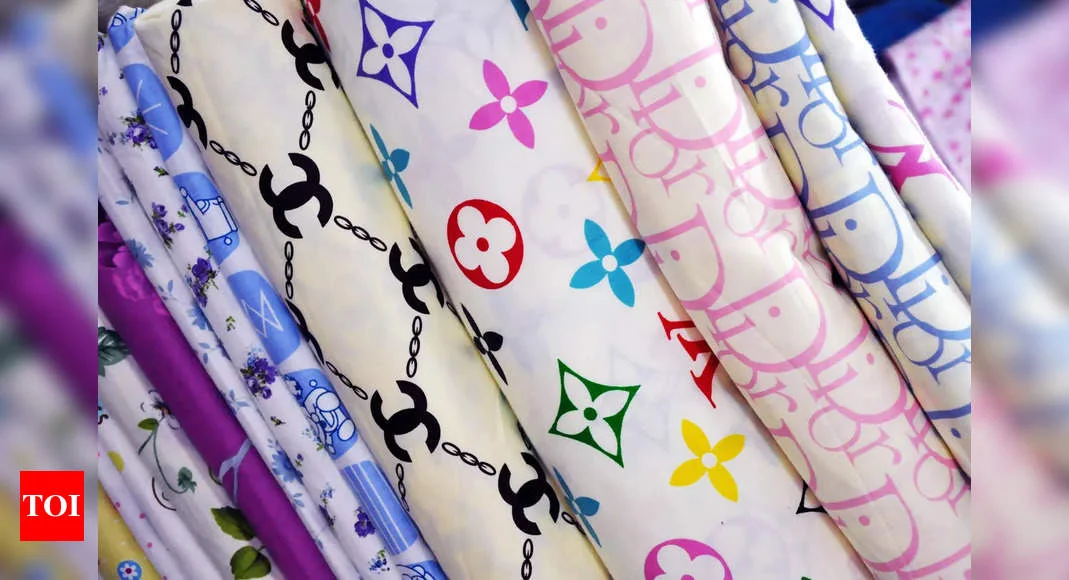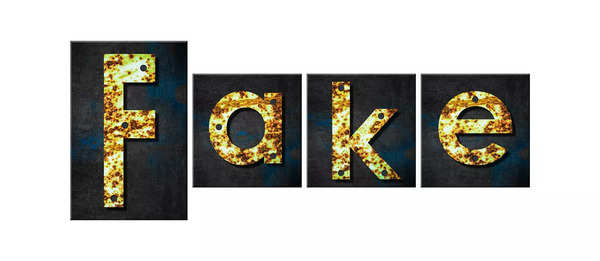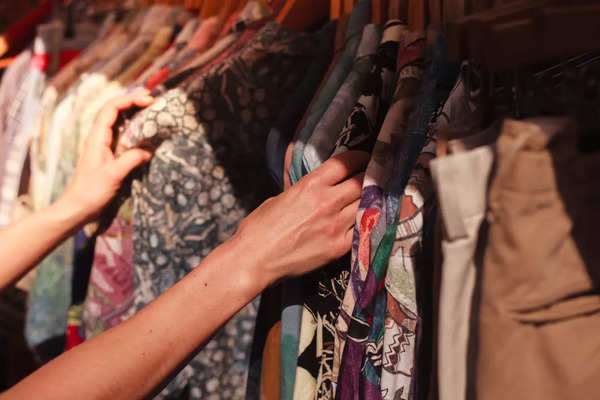Why You Shouldn’t Buy First Copy Fashion: Impact on Designers, Workers, and the Environment | helobaba.com

Moreover, the production of fashion replicas often involves unethical practices such as child laboUr, poor working conditions, and exploitation of workers in factories where these items are manufactured.Supporting the replica industry perpetuates these unethical practices and contributes to the exploitation of vulnerable workers.

Furthermore, purchasing replicas can have negative economic implications. It diminishes the incentive for original designers and brands to innovate and create new designs, as they see their work being copied without consequence. This, in turn, stifles creativity and innovation in the fashion industry, ultimately leading to a decline in the quality and diversity of available products.
Additionally, fashion replicas often lack the same level of quality and craftsmanship as the original designs. They are made with cheaper materials and inferior construction, resulting in products that are less durable and prone to damage. This means that consumers who purchase replicas may end up spending more money in the long run, as they will need to replace these items more frequently.
Buying fashion first copies is not just a matter of legality, but also one of ethics and morality. It not only harms the original designers and brands but also perpetuates unethical practices and compromises the integrity of the fashion industry as a whole. Therefore, it is important for consumers to make informed choices and support original, authentic fashion rather than contributing to the proliferation of replicas.

Furthermore, purchasing fashion first copies perpetuates a culture of disposability and fast fashion. Replicas are often mass-produced at a rapid pace to meet consumer demand for trendy items at low prices. This cycle of fast fashion encourages consumers to constantly chase the latest trends without considering the environmental and social impact of their purchases. The fashion industry is already one of the most polluting industries globally, with significant contributions to carbon emissions, water pollution, and waste generation. By supporting the replica market, consumers are exacerbating these environmental issues by increasing demand for cheap, low-quality clothing that is quickly discarded and contributes to landfill waste.
Susan Mantosh’s collection at the Calcutta Times Fashion Week
In addition to the environmental and ethical concerns, buying fashion replicas also diminishes the sense of individuality and personal style. Authentic fashion allows individuals to express themselves and showcase their unique tastes and preferences. However, purchasing replicas simply imitates the style of others without any genuine personal connection to the clothing or its design. This can lead to a homogenisation of fashion, where everyone ends up wearing the same mass-produced items, devoid of any meaningful expression or creativity. By embracing original fashion designs, consumers can celebrate diversity, support creativity, and foster a more sustainable and ethical fashion industry.









